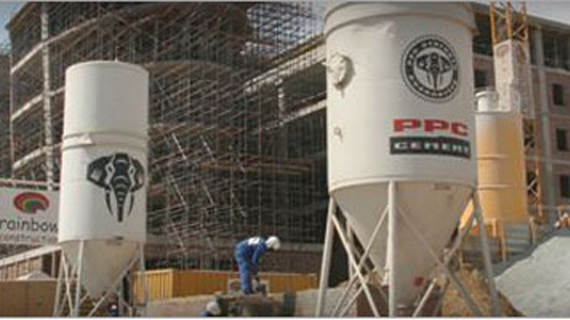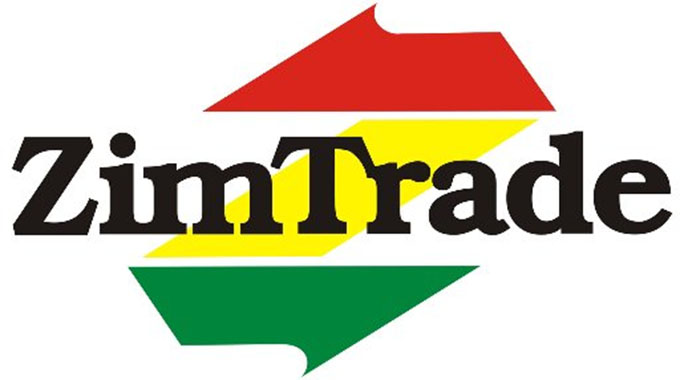Equity Bancassurance Intermediary exec encourages life assurers to tap informal sector
EQUITY Bancassurance Intermediary Ltd managing director Godfrey Tenesi says Zimbabwe’s life assurance sector should redesign products to the growing informal economy, where many individuals rely on irregular incomes.
This call for transformation comes as Zimbabwe’s life assurance sector grapples with significant challenges, including economic instability, hyperinflation and currency devaluation, which have eroded consumer trust and created obstacles for insurers.
Consequently, many policyholders have struggled to access their benefits and participation in the sector has declined.
Hence, with the informal sector trading exclusively in foreign currency, making up to 70% of the economy and generating US$1,18 billion monthly, it provides more stability in terms of policyholders in that space.
“What is critical is that the Zimbabwean economy has changed. We are in a tricky situation, but it’s one that people need to understand quickly. Those who adapt faster will benefit,” Tenesi told NewsDay Business in an interview.
Advertisements
“We are transitioning from a formal market to an informal one. Most African economies are now informal, driven largely by small to medium enterprises (SMEs), with Zambia, DRC [the Democratic Republic of Congo], and East Africa being prime examples.”
Tenesi spoke to NewsDay Business during last week’s the Life Officers Association of Zimbabwe’s second annual Insurance Agents Conference.
“People are self-employed, and many employ between two and ten workers. Yet, we’re still clinging to the hope that our economy will eventually formalise,” the Equity Bancassurance Intermediary Ltd managing director added.
The firm is part of Kenyan financial services firm Equity Group, a parent company that operates in several African nations, including Uganda, Rwanda, the DRC, South Sudan, and Tanzania.
“Premiums are paid monthly, but who says premiums must be paid monthly? This system was designed for a formal economy,” Tenesi said.
“Today, people earn daily or weekly wages, and many are self-employed.
“The solution lies in developing insurance products that cater to this new reality.”
He also noted that the current insurance model is outdated, and there was an urgent need to develop products that meet today’s realities.
Tenesi stressed the need for solutions that would help SMEs expand and protect their assets in ways that reflect their daily realities.
“We need to create one-stop finance solutions for these individuals so they can protect their businesses and assets effectively,” he said.
“The sooner we realise that this is the new normal, the better.
“We need tailored models and solutions for this market because we’re not going back to the formalised economy.”
Tenesi also pointed out that trust in insurance had been eroded and the industry should create solutions that address customers’ current needs while providing protection.
“In 2008 and 2017, people were left vulnerable, and the market will be hard-pressed to forgive the industry again,” he said, adding that digital solutions needed to be adopted in expanding access and ensuring sustainability.
Looking ahead, Tenesi believes that unlocking sustainable growth in Zimbabwe’s life insurance industry would depend on understanding the changing economic landscape and developing innovative, value-added solutions that resonate with consumers.
“With the informal economy becoming the new norm, those who adapt swiftly will not only secure their future but also help rebuild trust in Zimbabwe’s life assurance sector,” he said.-newsda











